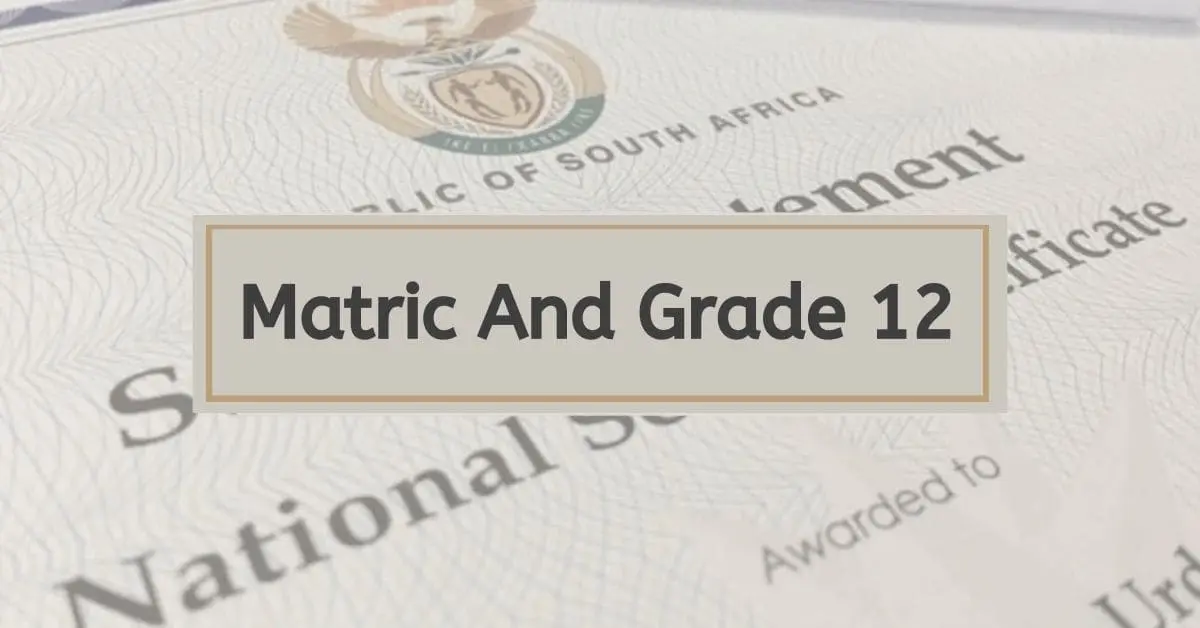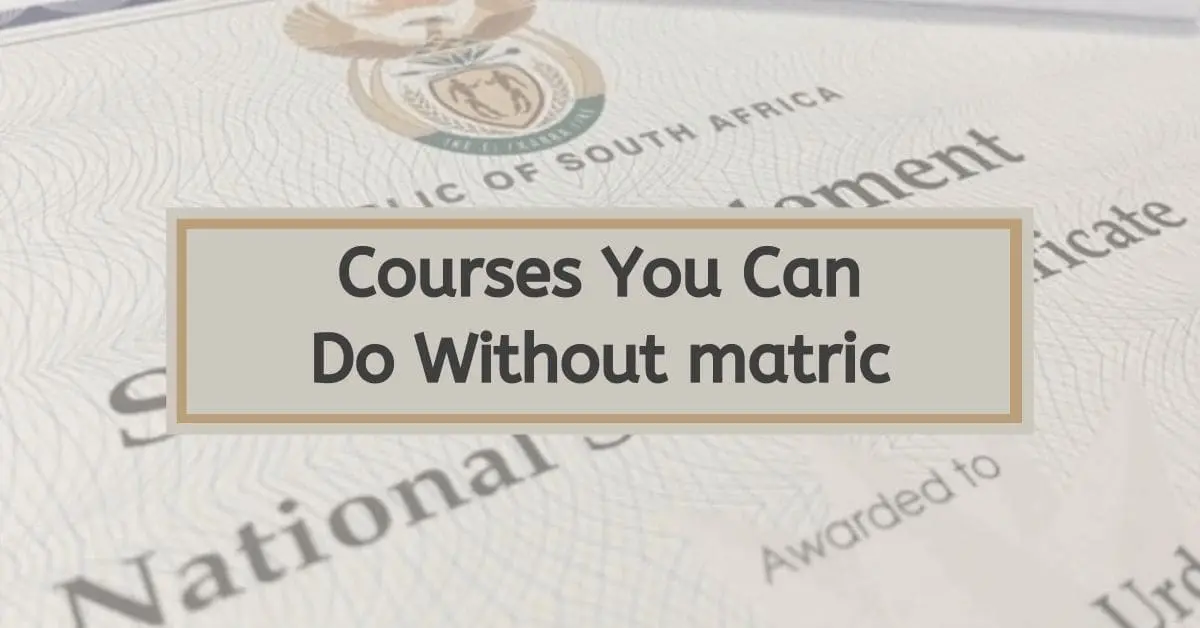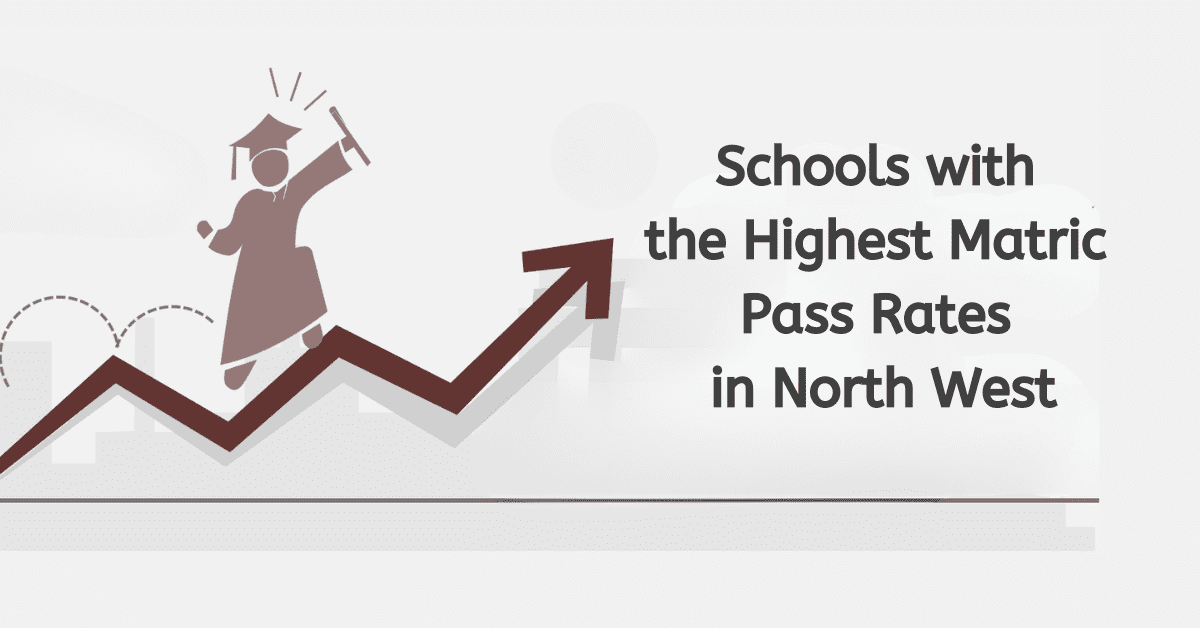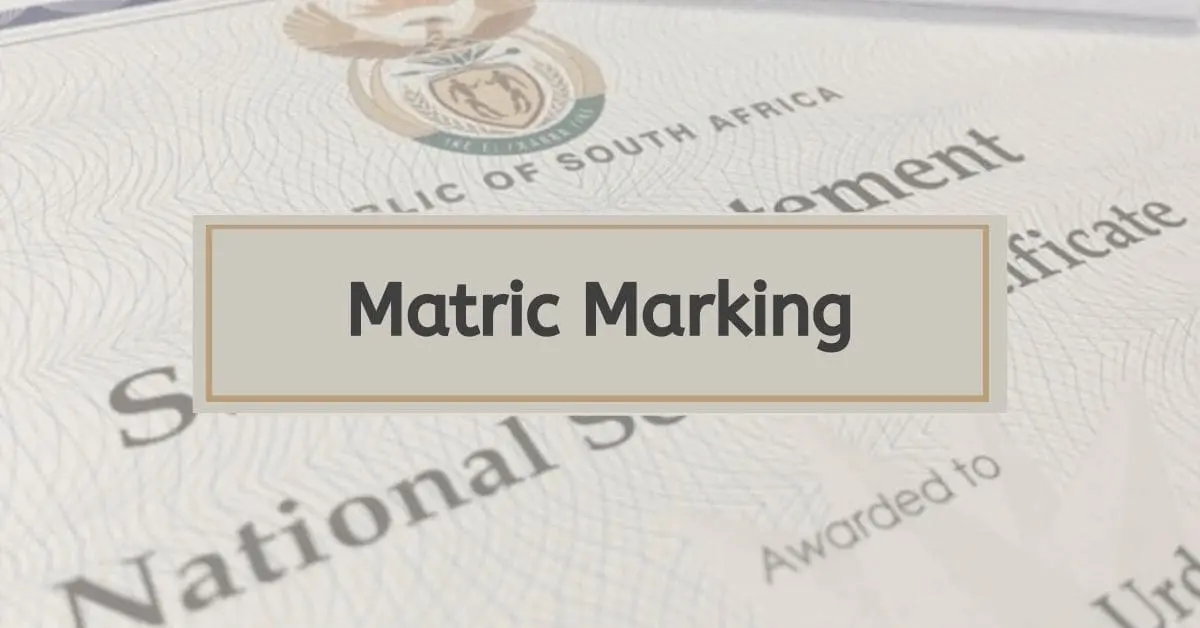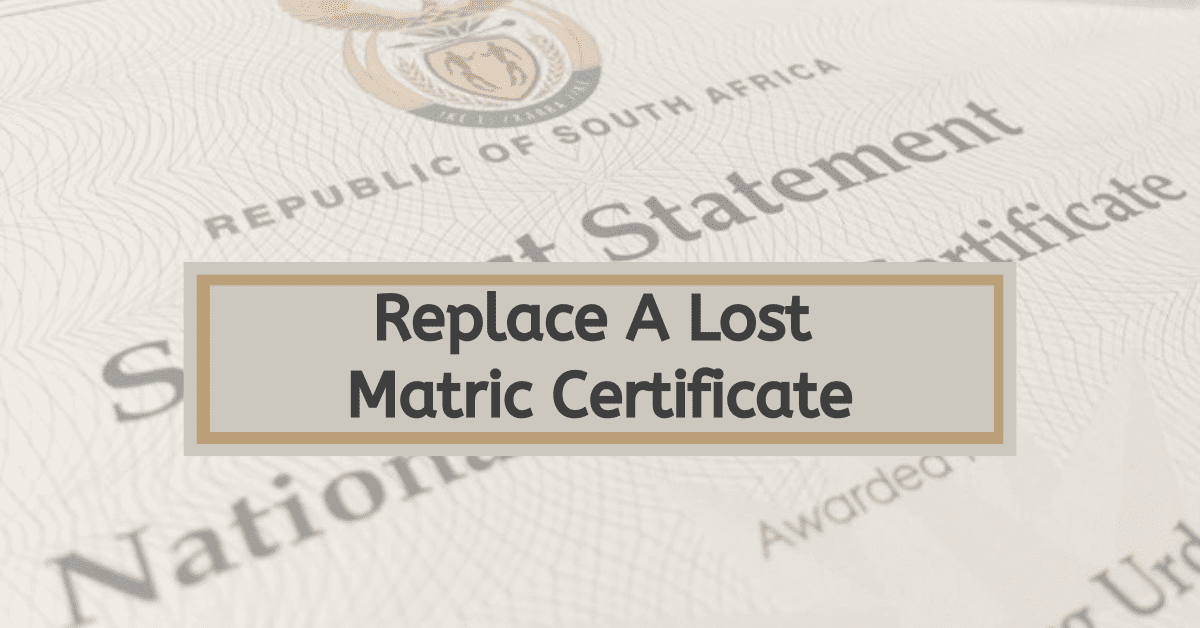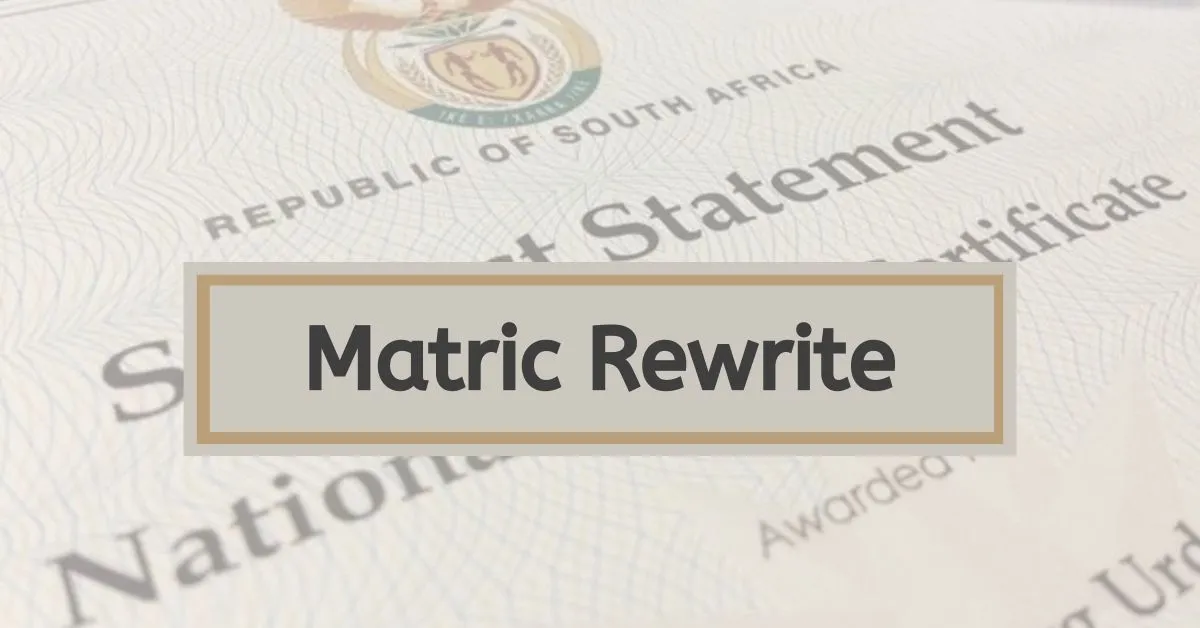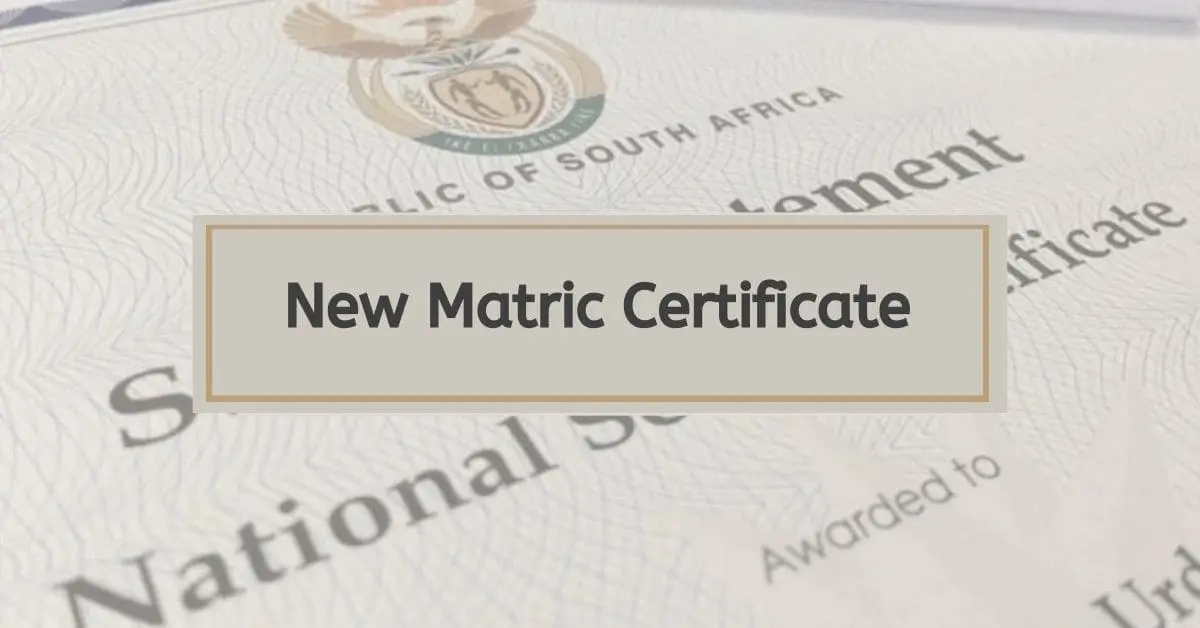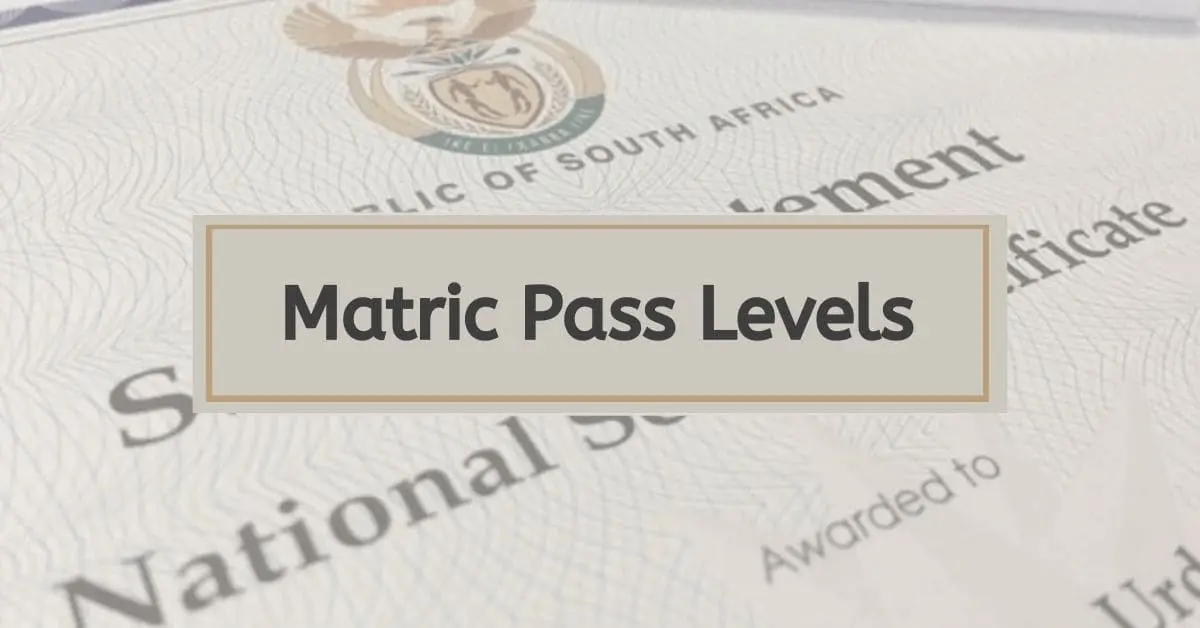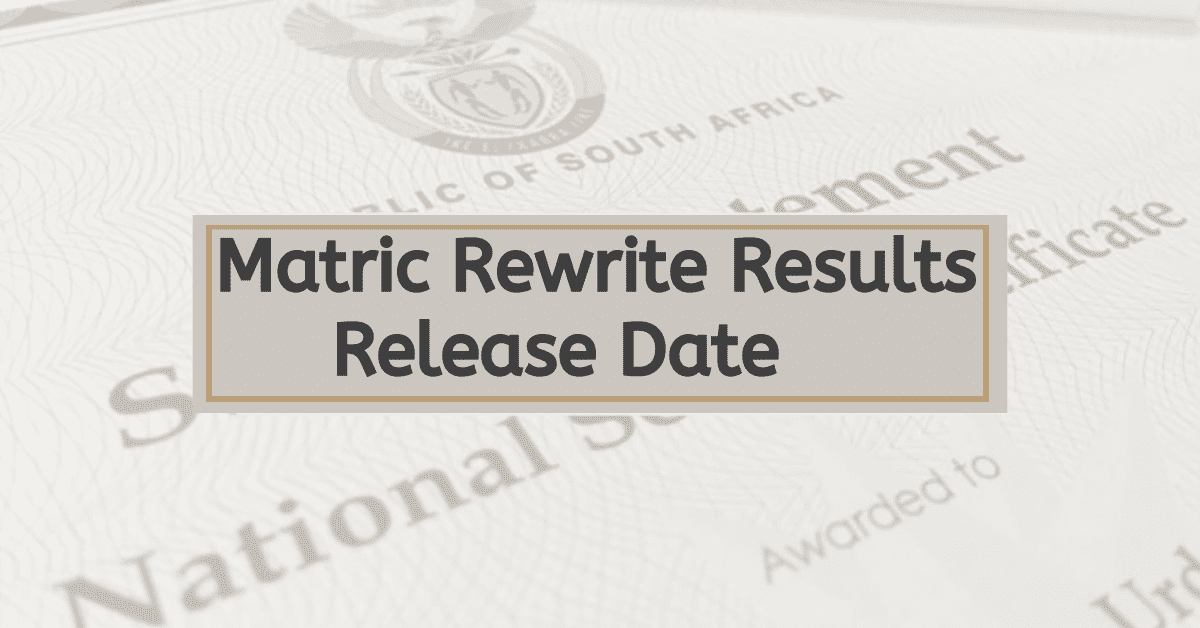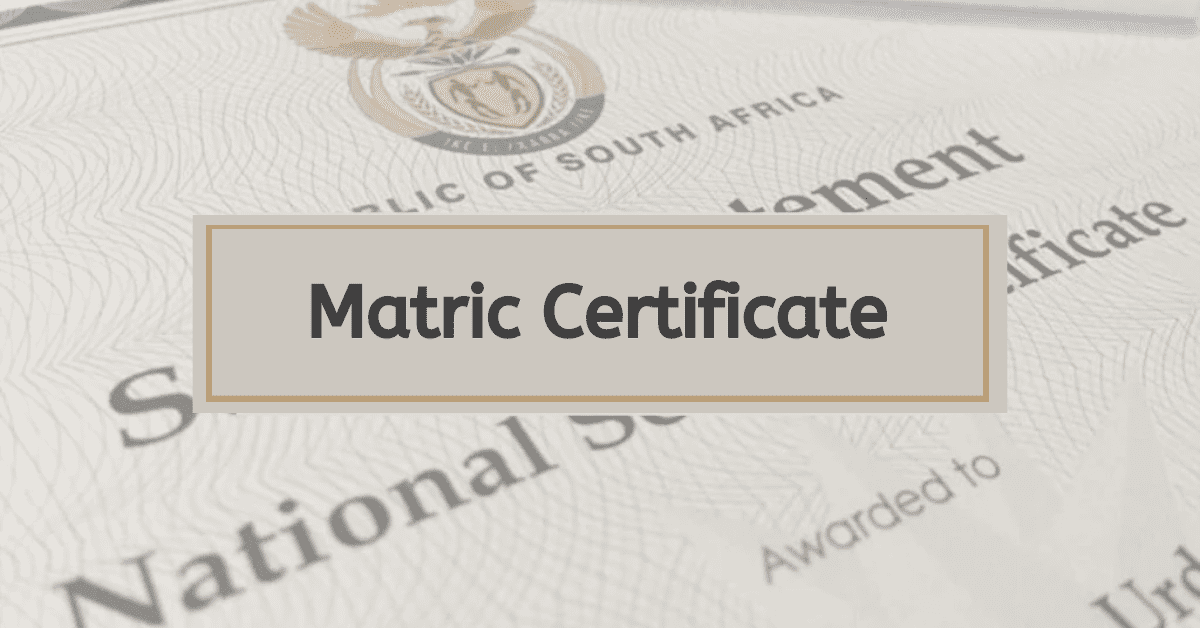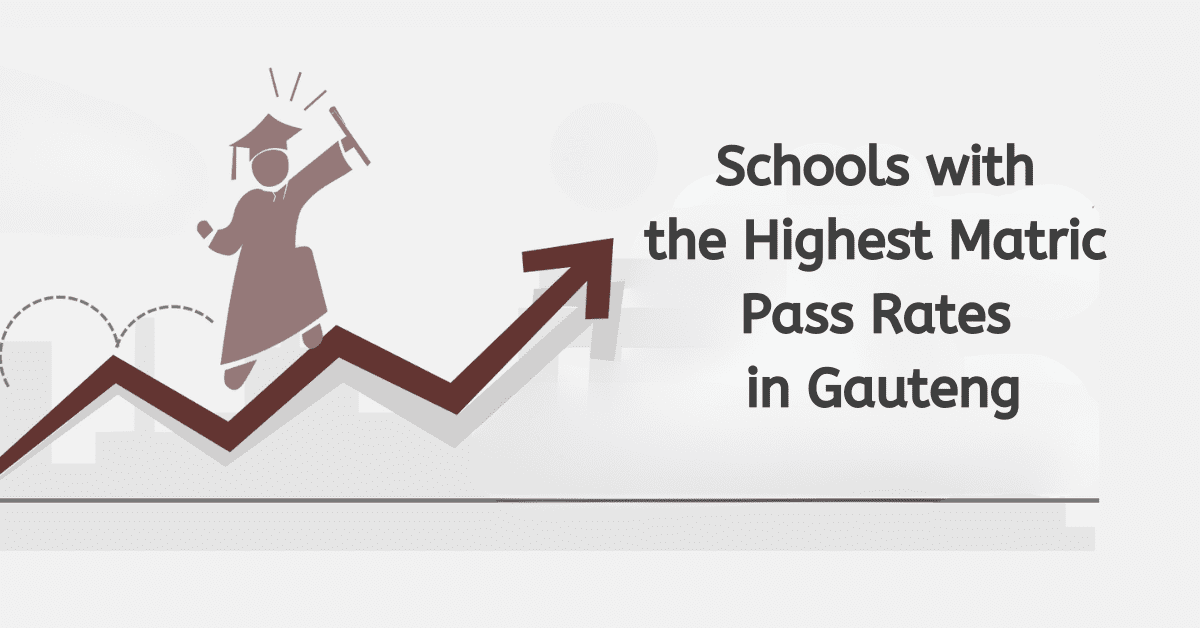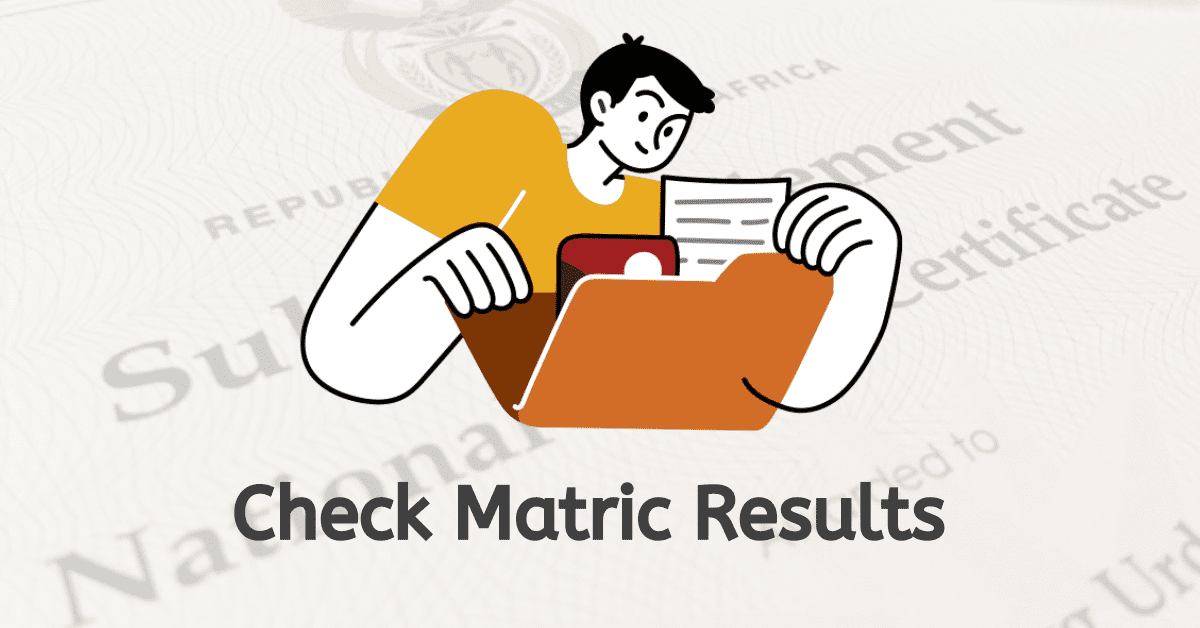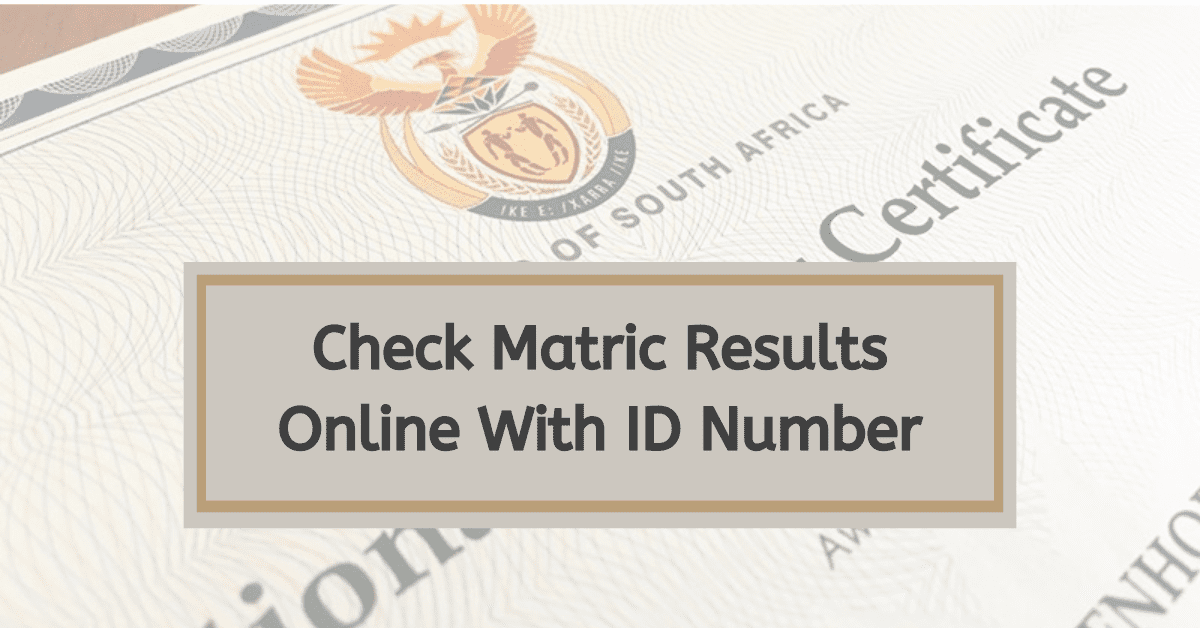The Higher Certificate pass in South Africa is one of the four pass levels in the matriculation system. Matriculation refers to the final year of high school and the qualification obtained upon graduation, which also serves as the minimum requirement for university entrance. The Higher Certificate pass is the third-highest level, following the Bachelors and Diploma pass. While achieving a Higher Certificate pass
This comprehensive guide will delve into the specifics of a Higher Certificate pass in Matric, including its requirements, the associated grade level, value in career prospects, and the points allocated to it within the South African matriculation system. Additionally, it will address whether a Matric certificate is awarded to individuals who have failed their Matric exams.
What is a Higher Certificate Pass in Matric?
A Higher Certificate pass in Matric is an academic qualification that students can achieve upon completing their final year of high school, also known as Grade 12 or matriculation. It is the third-highest pass level in the South African matriculation system, following the Bachelor’s degree pass and the Diploma pass.
To obtain a Higher Certificate pass, students must meet specific criteria set by the Department of Basic Education. These criteria include achieving minimum pass marks in various subjects. Specifically, for a Higher Certificate pass, students must:
- Attain a minimum of 40% in their Home Language subject.
- Attain a minimum of 40% in two additional subjects.
- Achieve a minimum of 30% in three additional subjects.
- Be allowed to fail only one subject.
- Accumulate at least 15 Admission Point Score (APS) points.
What Grade is a Higher Certificate?
The Higher Certificate pass is associated with Grade 12, the final year of high school in South Africa. Twelfth-grade learners, also called matriculants, undertake the matriculation examinations after this year to achieve their National Senior Certificate (NSC).
Within the South African education system, pupils advance through various grades, starting from Grade 1 and culminating in Grade 12. Grade 12 is considered the culmination of basic education and is a critical milestone for students. The grade in which students take their matriculation exams determines their qualifications and eligibility for further studies.
The Higher Certificate pass in Matric is designed to recognize the achievement of students who have successfully completed Grade 12 and met the requirements for the Higher Certificate pass. It signifies a certain level of academic proficiency and serves as a pathway to various post-matric educational opportunities.
Is a Higher Certificate Pass Good?
A Higher Certificate pass is recognized by various institutions, including TVET colleges and some private colleges. It allows individuals to pursue higher certificate courses and specialized vocational training programs in insurance, tax administration, accounting sciences, logistics, and education. Students can achieve a higher certificate qualification in three years, depending on the number of modules taken each year.
Obtaining a Higher Certificate pass demonstrates that students have completed their matriculation and achieved a certain academic proficiency level. It indicates their commitment to education and their ability to meet specific requirements. While it may not be equivalent to a Bachelor’s degree pass, it still holds value and can contribute to personal and professional growth.
Individuals with a Higher Certificate pass can enter the workforce and pursue various career paths. They can seek employment in fields that do not necessarily require a university degree but value foundational knowledge and skills. Additionally, they can continue their education by pursuing further studies in their chosen field through avenues such as TVET colleges or specialized certificate programs offered by private institutions.
How Many Points is a Higher Certificate?
In the South African matriculation system, points are assigned to different levels of achievement in the National Senior Certificate (NSC) exams, including the Higher Certificate pass. These points are known as Admission Point Score (APS) points and are used to determine eligibility for admission to higher education institutions.
Students must accumulate at least 15 APS points for a Higher Certificate pass. The APS points are calculated based on the student’s achievements in specific subjects. Each subject is assigned a point value, typically ranging from 3 to 8 points, depending on the level of achievement. The total APS score is calculated by adding up-to-the points obtained in the required subjects for the Higher Certificate pass.
If You Failed, Do You Still Receive a Matric Certificate?
Yes, you will still receive a Matric certificate if you have failed to meet the requirements for a higher pass level. The Matric certificate, officially known as the National Senior Certificate (NSC), is awarded to students upon completion of their matriculation, regardless of the pass level they have achieved.
The Matric certificate includes the subject results of the student, indicating their performance in each subject. If a student has failed a subject, it will be clearly indicated on the certificate, along with the relevant information stating that they have failed.
Receiving a Matric certificate, even with failed subjects, is important as it signifies high school completion and serves as a valuable document for future educational and career endeavors. While the specific pass level achieved may influence the opportunities available to students, having a Matric certificate still benefits their personal and professional development.
Students who have failed their Matric exams can reattempt them through programs like the Second Chance Matric Programme offered by the Department of Education. This program allows students to improve their results and obtain a higher pass level or meet the requirements for further studies.
It is essential for individuals who have failed their Matric exams to explore alternative pathways, such as vocational training, TVET colleges, or other specialized certificate programs. While a failed Matric exam may be disheartening, it does not mean the end of educational or career opportunities. With determination, perseverance, and access to the right resources, individuals can still achieve success and pursue their desired paths.
